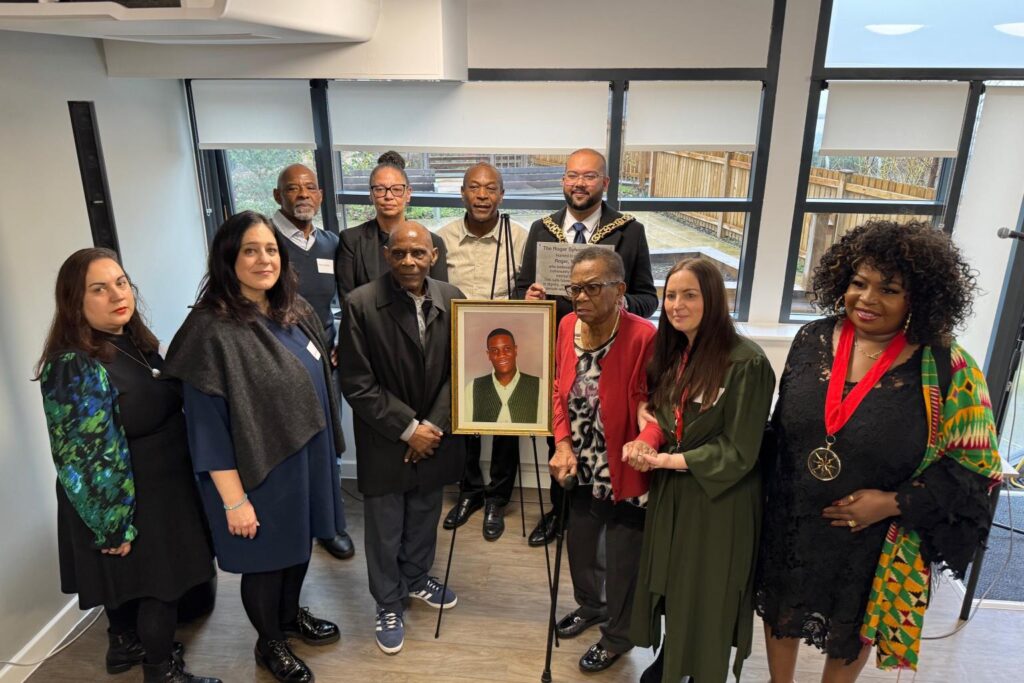Government partners with Oxford Nanopore to create the world’s first real-time surveillance system to monitor the threat of future pandemics, prevent disease and protect the public
A new partnership with cutting-edge life sciences company Oxford Nanopore promises better scientific research, as well as tests and treatments to save more lives. Under new plans announced today, the government will work in collaboration with Genomics England, UK Biobank, NHS England and Oxford Nanopore.
Photo by ThirdmanThe latter is a world-leading life sciences company headquartered in the UK, which has pioneered technology to rapidly diagnose a range of cancers using long read sequencing. One reason it is so effective is that the system sequences long strands of DNA or RNA in one go, without needing to break it up into smaller fragments.
The tech can also detect rare and infectious diseases. Indeed, the plan is to use it to create an early warning system for future pandemics and potential biological threats.
It will also be used in the expansion of NHS England’s Respiratory Metagenomics programme, which is being led by Guy’s and St Thomas’ NHS Foundation Trust in London. This uses samples from patients with severe respiratory infections and rapid genetic testing to match those patients with the right treatments within just six hours.
The world-leading application has been developed in partnership with the NHS and will enable monitoring of potential outbreaks of bacterial or viral diseases alongside antimicrobial resistance across the UK.
A successful pilot of the new tech has already been undertaken at St Thomas’ Hospital. It will now be rolled out to between 10 and 30 NHS, with the aim of tackling the current lag between new pathogens emerging in the UK and action being taken to treat affected patients and prevent spread. Such intervention obviously benefits us all.
Wes Streeting MP, Secretary of State for Health and Social Care, says: ‘If we fail to prepare, we should prepare to fail. Our NHS was already on its knees when the pandemic struck, and it was hit harder than any other comparable healthcare system. We cannot let history repeat itself. That’s why this historic partnership with Oxford Nanopore will ensure our world-leading scientists have the latest information on emerging threats at their fingertips. As we embrace the technological revolution, our 10 Year Health Plan will shift the NHS away from analogue to digital, saving countless more lives.’
Peter Kyle MP, Secretary of State for Science, Innovation and Technology, adds: ‘During the COVID-19 pandemic, we saw the power of the UK life sciences sector very clearly, from the Oxford-Astra Zeneca vaccine that saved so many lives, through to operating one of the world’s most effective COVID-19 surveillance systems, which spotted several emerging variants of the disease.
‘This partnership will build on that expertise to monitor emerging diseases as they arise, putting our scientists and decision-makers one step ahead and providing the information they need to make informed decisions. Together with the ability to better diagnose cancers and rare diseases, we are leveraging UK life sciences to protect the public and ultimately save lives.’
Professor Susan Hopkins, Chief Medical Advisor at the UK Health Security Agency, says: ‘Early detection is absolutely crucial in enabling us to respond effectively to any emerging pathogen. The UK already has a wealth of expertise in genomic surveillance, and this programme will build on that expertise and enable us to bring our resources and capability to tackle developing threats at greater speed. Enhancing the capacity for the NHS to determine new and emerging pathogens causing severe acute respiratory infections will improve the detection and emergence of infections. As part of the 100 days mission, this will enable the development of effective diagnostics for novel pathogens and enhance our pandemic preparedness.’
In related news:
In the shadows of short-staffing: Health impacts on care managers
Ministers launched inquiry into cost of disregard on social care reform
Opinion: Shifting care priorities – what the government’s Budget should’ve included

















Leave a Reply